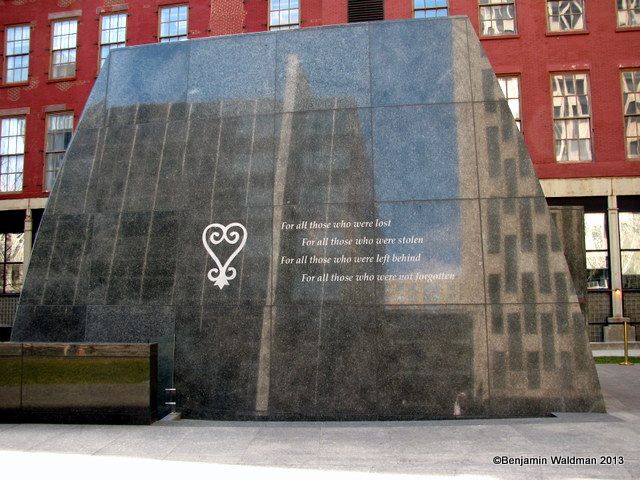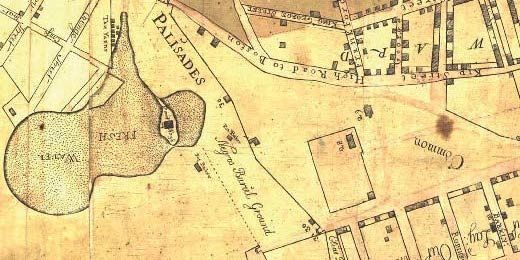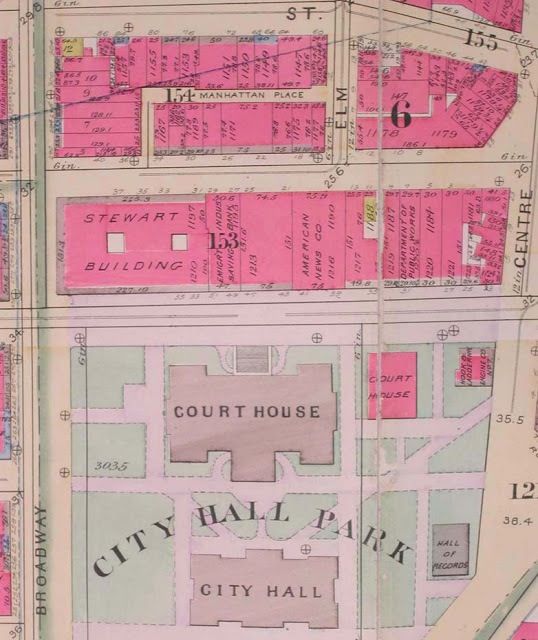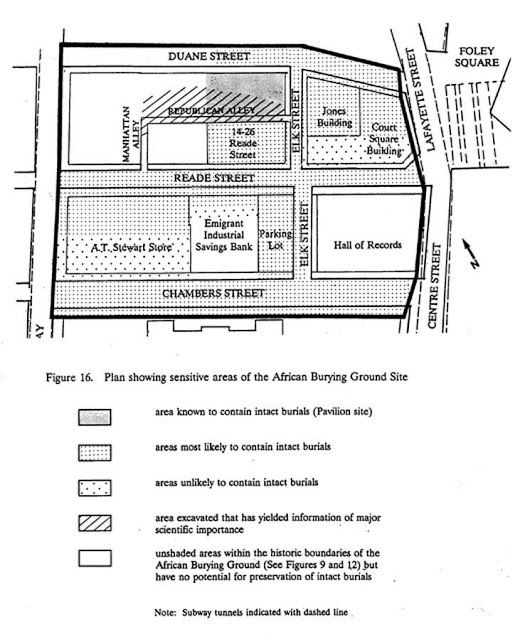Last-Minute NYC Holiday Gift Guide 🎁
We’ve created a holiday gift guide with presents for the intrepid New Yorker that should arrive just in time—


African Burial Ground
In 1991, construction began on the Federal Office Building on Duane Street. Almost immediately after breaking ground, human remains were found. The site turned out to be the largest colonial-era African slave cemetery in America, now called the African Burial Ground National Monument. According to Geographer at Large, what followed was:
“many tense months of negotiation, public outreach, investigation, reporting, editorializing, vitriol, lots of passionate expounding, historical research, cost-benefit analyses, legal review, compromise, and eventually, archaeological digging under extreme time pressure, all of which proved very controversial with a number of various political, religious, and cultural groups in NYC.”
Below are early maps displaying the site of the cemetery which was in use mainly during the 17th and 18th centuries. At that time, the area was outside of the City limits which started above Wall Street. Even so, plenty of early maps mark the site. But, as the area was slated for development, the site was covered up in maps and then on land until 1991.

For referencing between the above and below map look at the diagonal line in the above map hovering above the upside-down word “Common” on the right side and then look below at the diagonal line in the upper right hand corner where the number 155 sits. Notice how the burial site has been forgotten.

Now look below at the map created to help plan a sensitive development of the site once the cemetery had been rediscovered. For reference look at the Hall of Records in both maps’ lower right corner.

Maps choose sometimes conveniently what to display and what not to, but they can’t physically remove things from the earth. In this case, the result was the fiasco surrounding the African Burial Ground. And, as per Geographer at Large, get this,
“The Federal Building site is only one small corner of the original ABG, containing perhaps 450 graves. The remainder of the graves still lies, some disturbed and some undisturbed, underneath what are now streets, courthouses, office buildings, and retail stores in the City Hall/Financial District of Lower Manhattan.”
For an exciting first-hand account of the writer’s visit to the excavation, read the entire post about the African Burial Ground here.
Get in touch with the author @youngzokeziah. See more maps in our Fun Maps column.
Subscribe to our newsletter